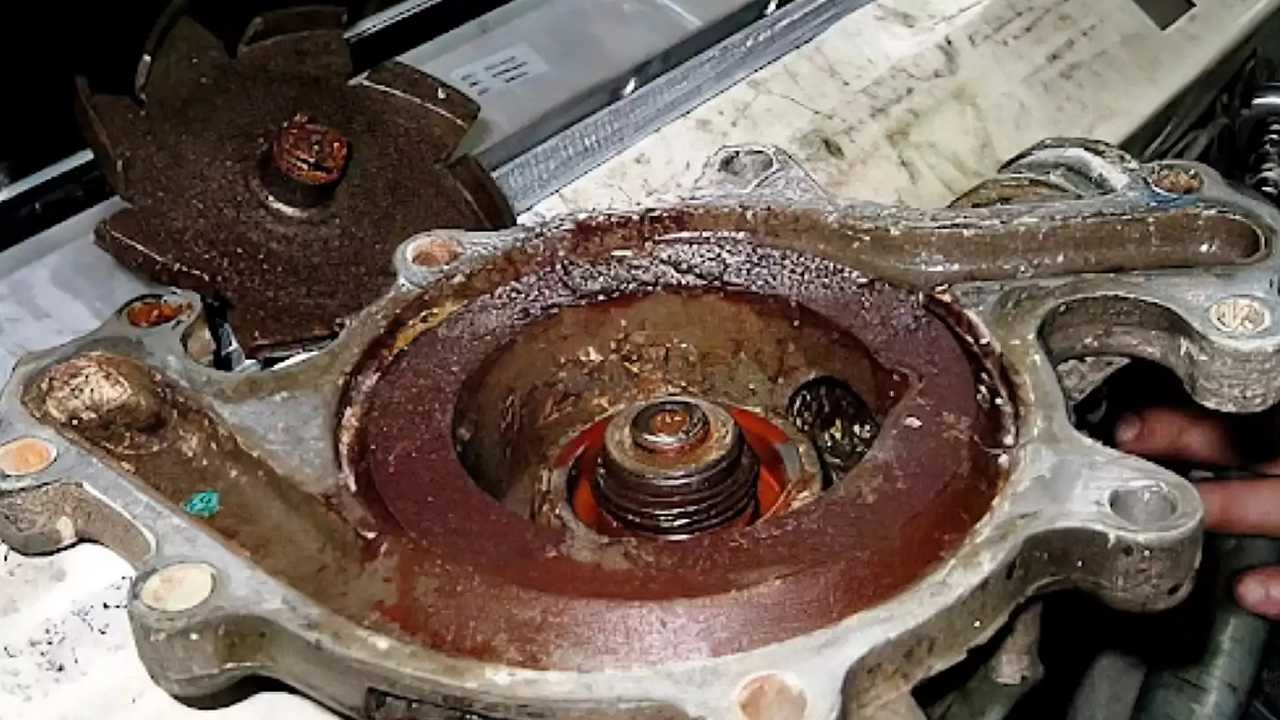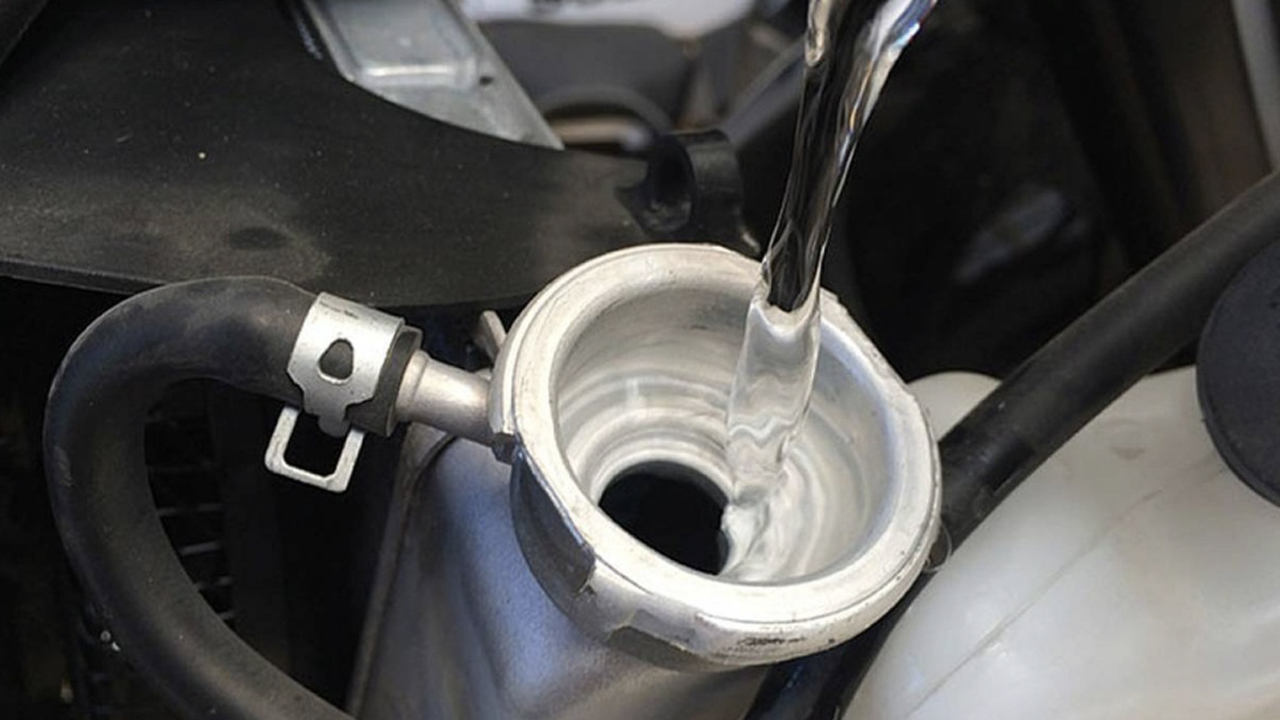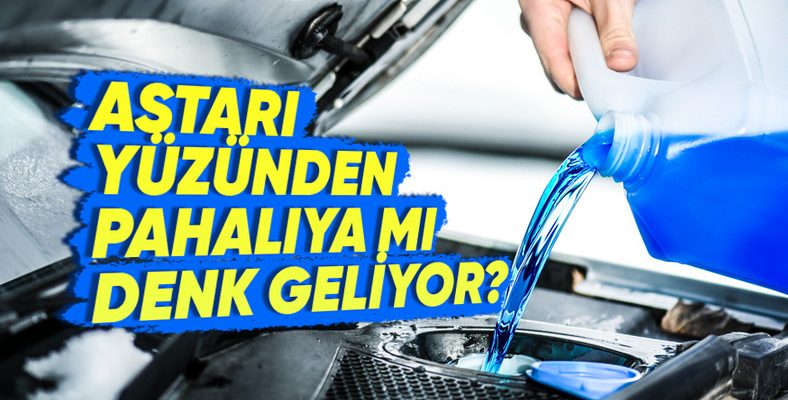One of the things we do to freshen up our vehicle is to add antifreeze, that is, radiator fluid. In some cases other than routine, it may seem practical to replace antifreeze with normal drinking water. However, this is not as innocent as you think.
Consisting of a 50/50 mixture of distilled water and ethylene glycol or propylene glycol antifreezeAs you might think, it is one of the needs of your vehicle in all four seasons, not just in the winter months.
Well, why should you put normal water in your vehicle instead? What kind of damages? Do you know you can give?
Serious damage may occur to your vehicle.
One of the main reasons to use antifreeze in the radiator is lowering the freezing point. Normal drinking water freezes at 0°C. When temperatures drop in the winter, the freezing and expansion of water can cause cracks or even explosions in the radiator and engine cooling ducts. This leads to serious damage to the engine and expensive repairs.
It produces overheating and corrosive effects.
Water is less effective than antifreeze. heat transferr. This causes the engine to reach faster and higher temperatures, leading to overheating and engine wear. Additionally, drinking water is often Contains minerals.
These minerals accumulate over time and form deposits in radiators and cooling systems. causes blockages. Antifreeze, on the other hand, has properties that prevent corrosion and accumulation thanks to the special additives it contains.
Many parts are damaged by internal pressure.

Water, which tends to evaporate as it heats up, accumulates in the cooling system. causes pressure to increase. Normally, antifreeze ensures more stable operation of the system under pressure as it minimizes evaporation. When water is used, damage occurs to hoses, covers and seals due to increased vapor pressure.
It causes performance loss.
As a result of all these damages, when the engine’s cooling system does not work optimally, engine efficiency and performance is directly affected. When the engine overheats, fuel consumption increases and engine power decreases. Antifreeze comes into play at this point and minimizes such problems by allowing the engine to run more efficiently.
What will you do in emergency situations?

Let’s say you’re in a really bad place and there’s nowhere to get antifreeze. Of course, in such a case, you can pour normal water into your vehicle. However, at this point, instead of tap water distilled water It would be beneficial for you to choose. Because distilled water has fewer minerals.
Since it is better than no water in the cooling system Even if you put normal water You should fill in antifreeze as soon as possible.
Think long term.
A seemingly innocent act like just putting water in the radiator can cost you and your life in the long run. Although antifreeze may seem a little more expensive than water at first, it is extends engine life and will not leave you stranded.
Taking good care of your vehicle will also ensure that it serves you well for longer. For that reason Do not neglect the antifreeze check. and always take care to use the appropriate mixture. After all, a good driver understands the language of his vehicle and acts accordingly!
For more about your cars:
RELATED NEWS
Does Enlarging Rims Affect Fuel Economy and Performance? We Explain All the Pros and Cons
RELATED NEWS
What Does It Mean When Dark Clouds Rising from the Exhaust? Attention Diesel Engine Vehicle Users!
RELATED NEWS
Pay Attention to These Signs Before You Stay on the Road!: Your Battery May Be Dying or Retired
RELATED NEWS
If you are going to go to the auto industry for the first time, listen to these 5 life-saving tips to avoid getting into trouble.
RELATED NEWS
